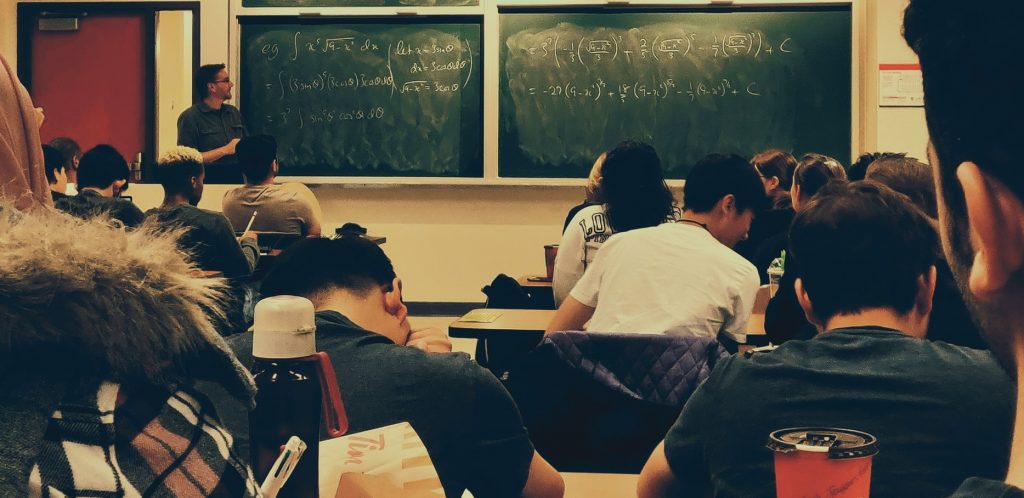
Stereotypes—pervasive, reductive, and often harmful beliefs ascribed to particular types of people, groups, or things—can frequently lead to discrimination on the basis of gender, race, ethnicity, socio-economic background, and disability. If we are honest, we would all probably admit to having made stereotypical judgments of people in both our personal and professional settings. Stereotypical judgments can influence how we evaluate people and act towards them. Some common stereotypes in a school setting include:
- Boys’ (mis)behaviour is attributable to “boys will be boys!”
- Asian people are good at mathematics
- Boys are better than girls at sciences
There is also another type of stereotype bias call backlash, which occurs when people have negative reactions towards others who do not conform to their group stereotype. The most common, well-researched form of backlash is when women or girls behave in an assertive, decisive way and they are seen as more dominating and confrontational than men or boys who behave in an identical way. When displaying this behaviour, boys are considered to be “leadership potential” whereas girls are considered to be “bossy”. In an early childhood setting, research showed that girls that have unbrushed hair or enjoy role-playing in typically male roles such as soldiers, or boys that like to play with dolls or choose a tutu for dress-up, were viewed by adults as less likeable, less competent, and less likely to inspire adults to interact with them[1].
Research not only shows that stereotypes and backlash can impact a teacher’s behaviour towards a student, they can also impact their assessment of a child’s abilities. In recent research of the stereotype that Asian students are better at mathematics than students of other ethnicities, it was found that when an Asian student performs poorly on a mathematics test (which is counter stereotypical), Asian students were given substantially fewer points by teachers than European students who performed identically[2]. That is, Asians faced backlash for failing to meet the higher expectations created by the stereotype.
Another example of how unconscious bias can manifest in an educational setting is exemplified in the rate of expulsion for preschoolers in the US. While Black children only account for 18% of US preschool enrolments, they constitute 48% of preschoolers who receive multiple suspensions or expulsions[3]. The rates of suspension and expulsion are one of the most robust predictors of whether a student ends up in special education.
Everyone is susceptible to these biases or stereotypical judgements and associations as they are often activated involuntarily. It can be difficult to recognise how unconscious knowledge influences our judgements or even know that it’s being used—it happens automatically, and we can’t directly control it. In order to ameliorate the impact of these biases on teachers’ decision making and judgements of students requires three conditions: intention, awareness, and mitigation strategies.
Acting with intention, teachers can acknowledge that they possess unconscious knowledge which can result in biases and are motivated to change. Teachers are then more aware of when their stereotypical responses or assumptions may impact on their interactions with and judgements of children. Finally, teachers need time to practice skills that can mitigate the impact of unconscious knowledge and bias on their judgements and assessments of students.
Cognicity can equip your teachers and administrators with the knowledge and skills to mitigate the impact of unconscious knowledge and bias on judgements, decisions, and consequent student outcomes.
For more information on Cognicity’s services please click here or contact us today to discuss further.
[1] Sullivan, J., Moss-Racusin, C., Lopez, M., Williams, K., (2018) Backlash against stereotype-violating preschool children. Skidmore College, PLoS ONE 13(4)
[2] Cheryan, S. and Bodenhausen G., When positive stereotypes threaten intellectual performance: The Psychological Hazards of “Model Minority” Status. Northwestern University VOL. 11, NO. 5, SEPTEMBER 2000
[3] Neitzel, J. Research to practice: understanding the role of implicit bias in early childhood disciplinary practices. Journal of Early Childhood Teacher Education 2018, VOL. 39, NO. 3, 232–242